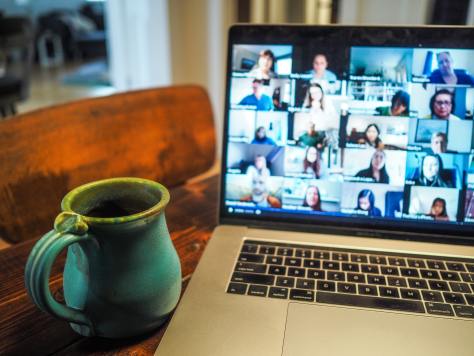
It was half term, so my children were at home. Well they were at home last week as well, so not a huge change in the house this week, well less concerns about home schooling!
I did think about taking some leave, but with nowhere to go and not much enthusiasm in the household for doing stuff I like doing, I decided to try and have a meeting free week. I booked out my diary and at the start of the week I had just two meetings booked in. By the end of the week after a lot of different things happened, so I had about fifteen meetings in the end. My hope for no meetings went out of the window.
I did enjoy this blog post on misunderstanding excellence, which explored the concept that excellence of an organisation is not dependent on the excellence of its parts.
If we are as an organisation excellent at what we care about but have a clunky part of the infrastructure, there are only so many conclusions you can reach about that infrastructure.
- Making our infrastructure excellent would lead to an order of magnitude improvement on an already excellent system.
- The clunky infrastructure IS PART OF the overall excellence.
- The clunkiness or otherwise of the infrastructure makes little difference to the excellence of the organisation.
I would suggest the first of these is just silly to suggest, however much the consultants would suggest otherwise. If the second is true it is imperative we do nothing to “improve” our infrastructure. If the third is true, it doesn’t matter.
I think reflecting on the article is that we don’t know what excellence is.

The first half of the week was dominated by finalising the draft of the Jisc HE Strategy which will be launched the week of Digifest. We have been creating a document for externals senior HE stakeholders on how Jisc can and could support the HE sector over the next three years and beyond to 2030.
I agreed with this tweet by Matt Lingard on the scheduling of webinars.
I know there is never a good time and everyone has different daily schedules but I wish UK edtech webinars would avoid my lunchtime/exercise slot! Makes recordings essential for #WorkLifeBalance
— Matt Lingard (@mattlingard) February 15, 2021
If these webinars are important for the work we do in Higher Education then don’t make them during lunchtimes. People need a break from their screens at some point in the day. With the lockdown this is even more important for people’s wellbeing. So if you are thinking about when to run a webinar, don’t run it at lunchtime!

I had a blog post published on the Advance HE blog, Looking through the digital lens, in which I reflect on how we may want to start to look through a digital lens on our strategic priorities.
Knowing that digital has been critical to dealing with the challenges of the pandemic, the question now remains: how and what role will digital play in the post-pandemic strategic priorities of the university? Continue reading Went out of the window – Weeknote #103 – 19th February 2021























